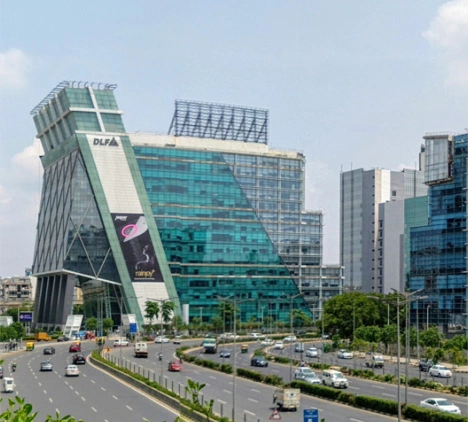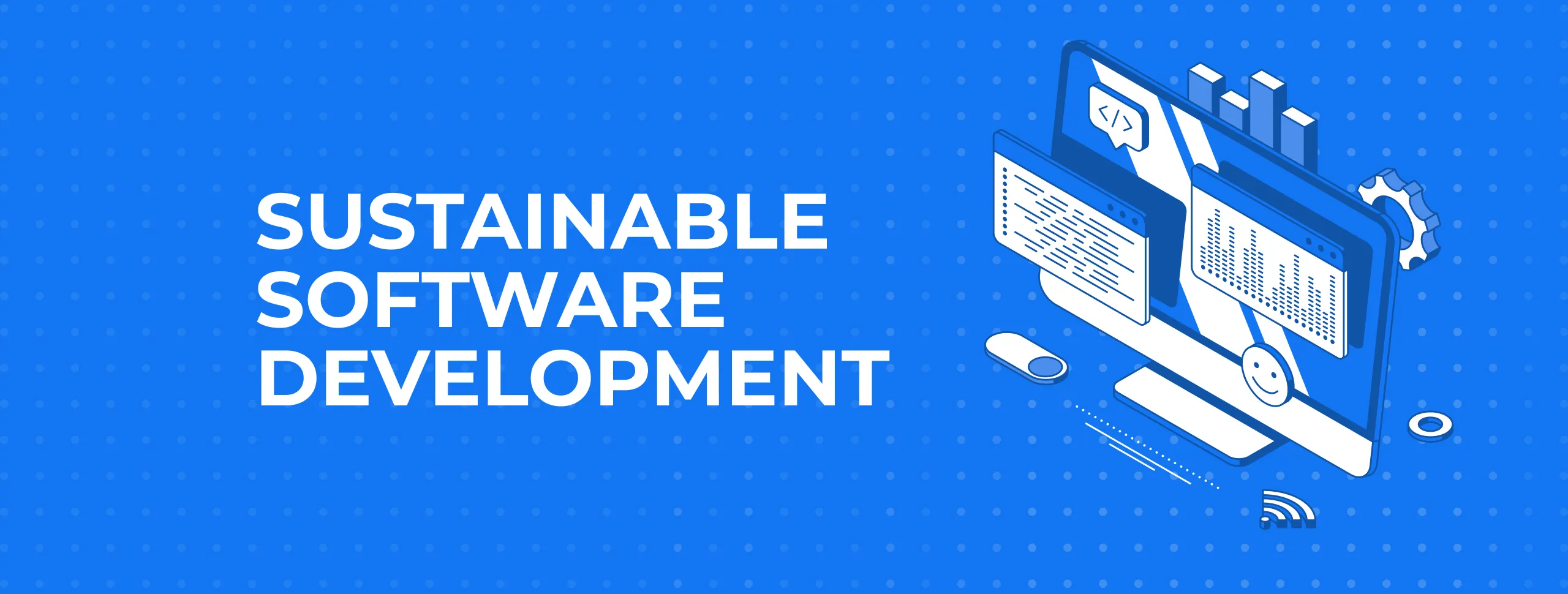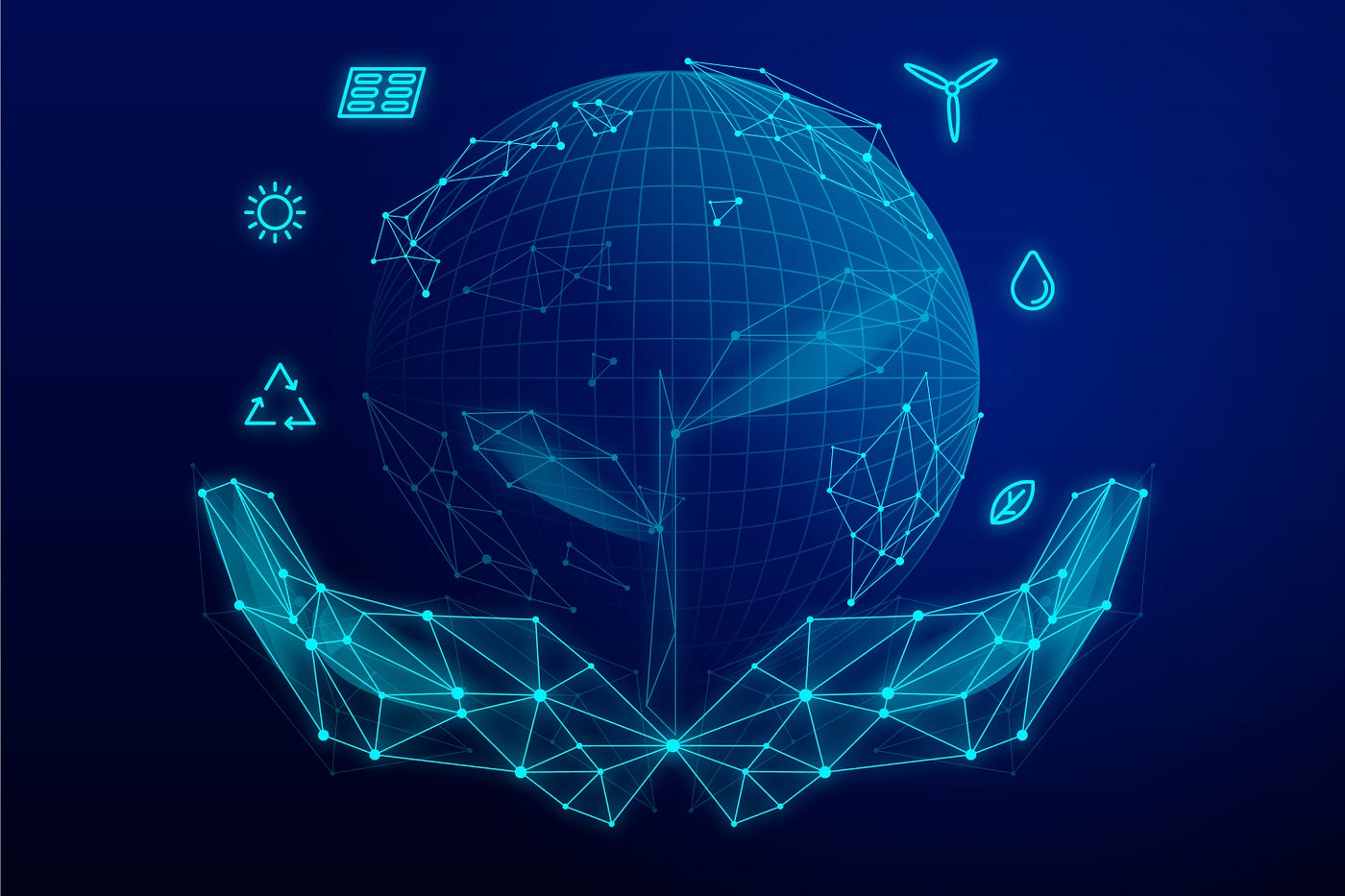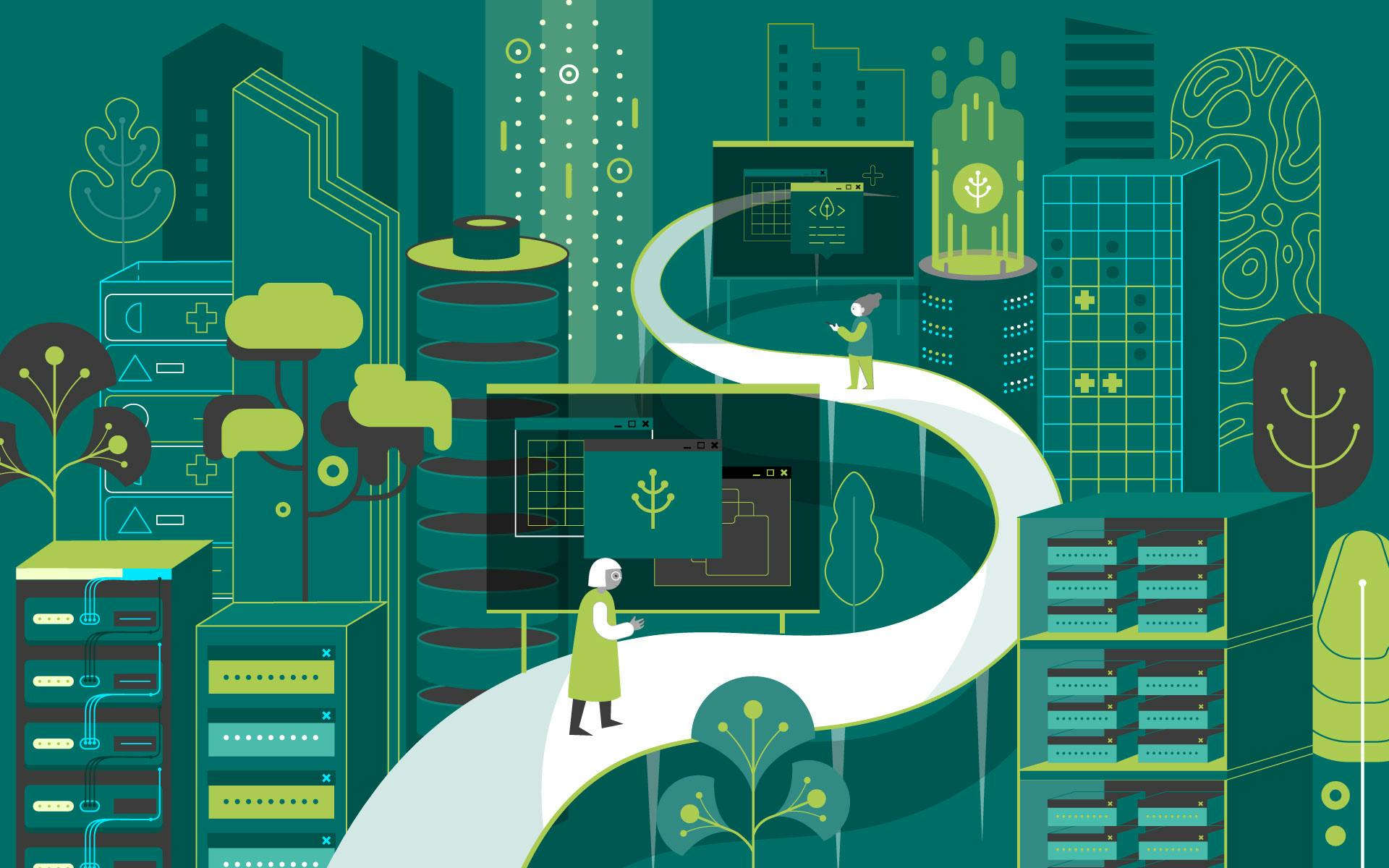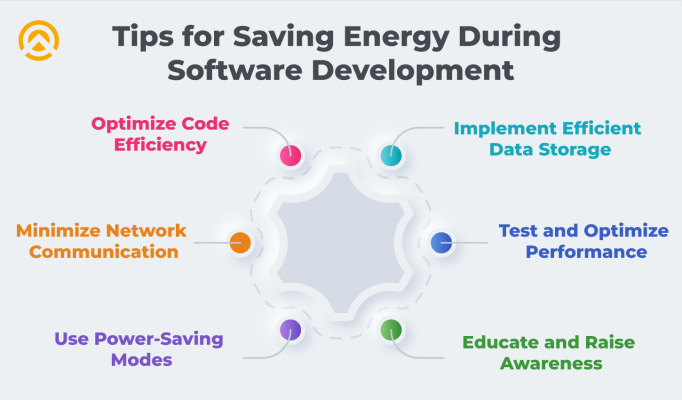Numerous research has found that climate change is growing, speeding, and intensifying to the point where certain effects are already irreversible. As concerns about climate change are constantly rising, it is becoming more and more important to reduce carbon emissions and embrace sustainable practices to save the earth.
According to the United Nations, this is a “code red for humanity,” meaning that the world needs to act quickly to prevent a catastrophe. From 2022 to 2025, expenditures in digital transformation are expected to rise by 50%, which would cause energy consumption to rise even more. The growing trend of digitalization has revealed that software programs have a big environmental impact.
Information technology with sustainable software development can reduce carbon emissions and help ease the present climate catastrophe. Software engineers are going green and adopting sustainable practices of producing technologies with minimal negative environmental impact using closed and open-source databases.
In this blog post, we will discuss how sustainable software development can help mitigate global issues, real-life examples, and some exclusive tips for boosting sustainability in software development.
What is Sustainable Software Development?
Data centers use an astounding 2% of the world’s electricity, and by 2040, the ICT sector may account for 14% of the world’s carbon footprint. As such, sustainability in the tech industry is a critical issue that requires attention. Furthermore, there is a reputation for overusing resources in the IT sector.
The production of gadgets such as computers and smartphones requires metals and polymers that are often extracted under dangerous mining circumstances. Due to incorrect recycling procedures, the disposal of electronic equipment seriously damages the environment, necessitating the careful processing of outdated technology.
The scope of sustainable software development is to minimize the process’s negative effects on the environment. It is a method that aims to lower the waste, pollution, and energy usage that come with using conventional coding techniques. Sustainable tech companies are looking to build systems that take fewer resources to maintain over time.
By implementing these tactics throughout the development process, developers can produce high-quality code that satisfies client expectations while drastically reducing their environmental impact.
How Sustainable Software Development Can Solve Global Issues
There is a lot of diversity in the world but there are certain issues that are faced by most of the countries. The reason behind this is that most of these issues are created by human carelessness. The relentless spread of technology has taken us to this point, it is time to develop sustainable software development ideas for the future. Let’s have a look at the biggest global issues that can be resolved with sustainability software solutions.
Curbing Climate Change
The world is going through rising temperatures, unpredictable weather changes, and a great loss of biodiversity. One of the biggest contributors to this drastic change is corporations and it’s time that they fulfill their corporate social responsibility.
Climate commitment requires businesses to actively engage in initiatives to reduce their carbon footprint within the framework of sustainable development. This commitment could include setting goals for reducing carbon emissions, implementing energy-saving techniques and technology, and making investments in renewable energy sources.
Also, when it comes to cloud computing, companies must come up with sustainable software development ideas for the future to save climate while taking full advantage of the cloud.
Reduced Carbon Emissions
Since it is acknowledged that carbon emissions are unavoidable in today’s society, sustainable software development companies offer an additional means of reducing carbon emissions.
An organization can choose from a wide range of climate-commitment tactics. It is crucial to understand many scenarios and consequences before deciding the best course of action.
Companies are reducing the adverse effects by:
- redistributing energy to include more renewable sources.
- employing software with a lower environmental impact.
- ensuring that code is simplified and software architecture is well-engineered to develop green software with a lower ecological impact.
- investing in and giving away a portion of business profits to environmental projects and organizations.
- creating new software standards that extend the life of gadgets and cut down on the overall amount of e-waste.
- Integrating the circular economy with hardware recycling.
Sustainable software development would lessen the global impact of IT infrastructure over time. As a result, the benefits of sustainable software development would extend beyond just green coding, it will also be able to save considerable ecological damage.
Boost Waste Management
Globally 3.5 million tons of waste is generated every day and it all goes to landfills most of the time regardless of recyclability. This waste in turn pollutes every component of our planet. Especially the air and water that all living organisms consume daily. Simple steps such as producing limited waste and recycling can have a huge impact on the sustainability of our planet.
Thankfully, this issue can be curbed with sustainable software development like apps or custom software which can help us track how much waste we are generating or how to process it in the most eco-friendly way. The best part is that it can be done on multiple scales- for individuals, local bodies, and industries.
Empowering the Right To Education Through Digital Literacy
In third-world countries, the lack of access to education is still persistent. Everyone in the world must have a chance for quality education despite their financial or social standing.
Through sustainable software engineering, green e-learning solutions can be built with an energy-efficient programming language, green cloud hosting, and minimizing the ecological footprint. As a result, students at large will get educational accessibility and inclusivity with low-energy devices and offline access.
Diminishing Ecological Damage
The environmental impact of software development is one aspect that is frequently overlooked. The increasing demand for digital solutions is causing data centers to consume massive amounts of energy.
Energy efficiency and the use of renewable energy sources should be given top priority in data centers to encourage sustainability in software development. By using eco-friendly practices, developers can contribute to lowering carbon footprints and the overall environmental impact of software development.
Building Water-Saving Appliances
The fact that many countries around the world are facing water stress is beginning to make us realize that freshwater is not as infinite as we always believed. In most institutions worldwide, hand cleaning, showering, and transporting wastewater all require large amounts of water.
However, the amount of water required for these basic functions can be greatly reduced by developing water-saving gadgets. Low-flow faucets and showerheads, toilet stops, and double-flushing toilets are examples of water-saving devices. These fixtures can be easily and affordably added to buildings that currently exist, or they can be requested for new construction projects.
Now, if we use energy-consuming software development to build these devices, we are harming the environment one way or the other. Sustainable software development companies are focusing on building these devices through green engineering, so it becomes a win-win scenario.
Saving Electricity
Most individuals believe that electricity is pure. Our hands don’t become dirty when we plug anything into the wall, and laptops don’t require exhaust pipes. The majority of electricity is actually generated by burning fossil fuels, making energy supply the single biggest contributor to carbon emissions.
All software uses electricity to operate, from the apps on your smartphone to the machine-learning models being trained in data centers. Enhancing our apps’ energy efficiency is one of the best strategies to lower electricity consumption and carbon pollution emissions from our software.
With this understanding in mind, sustainable software engineering can help us in creating energy-efficient apps. The less energy they consume, the more controlled will be the carbon emission.
Managing Energy Resources
Most people believe Earth has unlimited energy resources which are far from the truth. Continuous energy consumption by humans, specifically large-scale consumption by industries and buildings is depleting the Earth’s natural energy resources.
One of the biggest sustainable software development advantages is that it enables energy management software development for commercial and industrial buildings. These systems can dramatically minimize the carbon footprint of residences and businesses by optimizing energy use and reducing demand.
For example, by using DeepMind AI to optimize cooling in its data centers, Google was able to reduce the amount of energy consumed for cooling by 40%, which contributed to a notable overall reduction in its energy usage.
Give a Boost To the Economy
Industries are the basis of a nation’s welfare and the biggest contributor to its economy. With the drastic amount of digital transformation that has gone on in the past 2 or 3 decades, it has piled up the costs. The impact is lower profits for them and lower taxes for the government which impacts the economy.
Companies that use sustainable software development business practices require less energy and resources to complete the same tasks. This way they lower their operational expenses and increase their profit margin.
There are clear financial benefits for sustainable software users (individuals as well as businesses) when hardware lasts longer (has less wear and requires less horsepower to operate). Broadly speaking, this benefit compounds considerably with time and number of users, enhancing economic welfare. Even a seemingly insignificant input can have a significant cumulative effect on the economy.
Quantifying Risks
Unpredictable risks can occur at any time or place and can be quite expensive. Natural disasters, political upheaval, pandemics, and even the media can be the cause. Global losses due to earthquakes, floods, fires, and the like reach billions of dollars every year.
Although nature and future events are unpredictable, with accurate data we can quantify the risks that may likely occur. With corporations taking social responsibility and undertaking sustainable software development, they can manage sustainability data.
This one action alone can make a huge difference in predicting the amount of carbon footprint left. This in turn helps seismologists and scientists estimate the level of climate change that is happening and what are its implications.
Building Consciousness About Resourcing
Modern consumers are worried and conscious about what they are buying. They don’t want to invest in products or services that are causing irreparable harm to our environment. They need companies that use sustainable software development business practices to know where the products are sourced from through labels.
Sustainable software development companies are moving away from traditional supply chain software to focus on transparency, traceability, and corporate responsibility. Through end-of-life recycling programs, sustainable procurement, and fair labor practices, consumers, businesses, and quality regulators can make informed decisions.
Examples of Sustainable Software Development Projects
Technological industry leaders have set the standard for sustainable software engineering. They appreciate their standing in the industry and are aware of the influence they have on society. See what other sustainable tech companies are doing to encourage software sustainability by looking at these examples.
Apple
Apple pledged to achieve carbon neutrality across its supply chain and all of its products by 2030. It plans to create cutting-edge carbon removal technology and reduce emissions by 75% to offset the remaining 25% of the carbon footprint. Apple has also developed a ten-year climate strategy to cut emissions. It asserts that all recently produced products, including the Mac, iPad, iPhone, and Apple Watch, include recycled components.
In 2020, Facebook released its Net Zero Commitment paper, reiterating that resource-aware sustainable software engineering was ready. By 2030, they plan to attain net-zero greenhouse gas emissions across their whole value chain.
To improve sustainability, Facebook incorporates circular economy concepts into the design of its server hardware and consumer goods. Through design processes that include recycling and repairability, they extend the life of their hardware.
Given that IT executives have a significant impact on the sector, sustainability software solutions will become the standard. Every new technology company entering the market needs to follow the principles of sustainability and provide the finest solutions.
Tips For Creating Sustainable Software Solutions
Software can hurt the environment, just like computer hardware. It influences hardware operations and carbon emissions, which in turn affects hardware’s energy usage. Likewise, optimizing energy consumption throughout the software development process is necessary since it can be a very energy-intensive activity.
Here are some pointers for creating environmentally friendly and sustainable software without sacrificing usability.
1. Cut Down on Data Use
More energy is required to remember, access, and store the data that is required to build an application. Reduce the amount of data that needs to be shared and add expiration dates to stored data to achieve sustainability. Implementing a simplified cache policy decreases the amount of data required and stored in the background.
2. Minimize the Quantity and/or Size of Your Assets
Reducing the quantity and amount of materials, such as pictures and graphics, can help you cut down on your carbon footprint. How so? Your application uses fewer resources to run when these assets are smaller in size, and you can shorten the time it takes for them to load.
To improve load times and save energy, choose compressed files and simplified designs. You’ll thereby help your users have a greener online experience.
3. Send Only Necessary Emails
Even if it should go without saying, you should only send emails that are really necessary for your clients. Sending pointless emails can increase your carbon footprint and create digital waste. Being environmentally careful doesn’t have to mean sacrificing client connections or needless energy use. Just be mindful about it.
4. Write Flexible Code
Write code that is extensible and flexible to allow easy integration with new apps. By using proper coding techniques and modular design ideas, you can build a flexible code that can accommodate new components anytime.
And for that, Mother Earth and your team would be quite grateful. For instance, keeping the presentation layer and underlying functionality apart makes it easier to modify the user interface (UI) for different platforms, which eventually encourages maintainability and scalability.
5. Educate Your Team On the Uses of Sustainable Software Development
The adoption of sustainable software practices is rare among tech companies. Without focusing on software sustainability, they concentrate only on meeting the needs of the present user base. Therefore, you have to rewrite your current software engineering models to attain sustainability.
This change will only happen if you educate your development team on this topic and its impact on a global scale. Make sure you determine the software’s environmental impact, don’t overdesign, and put automated testing into practice.
Final Thoughts
Going through this blog post, it is clear how crucial it is to be responsible for the sustainability of our planet. Take the first step towards it by partnering up with a company that upholds sustainable software development values to build your project.
Technocrats has finished sustainable software engineering projects for clients all over the world. We believe that ethical software engineering methods and the concepts of sustainable software development should guide our work.
Technocr have a committed group of people with the know-how to write green code. We quantify the software solutions’ power usage and environmental impact. Get in touch with us right now to talk about your project and its sustainability software needs.
Looking for ease-of-business solutions?
You need custom software that fits your unique requirements and we’re here to guide you on how to begin this journey.


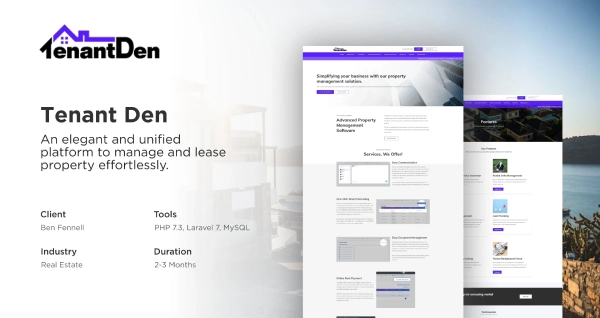



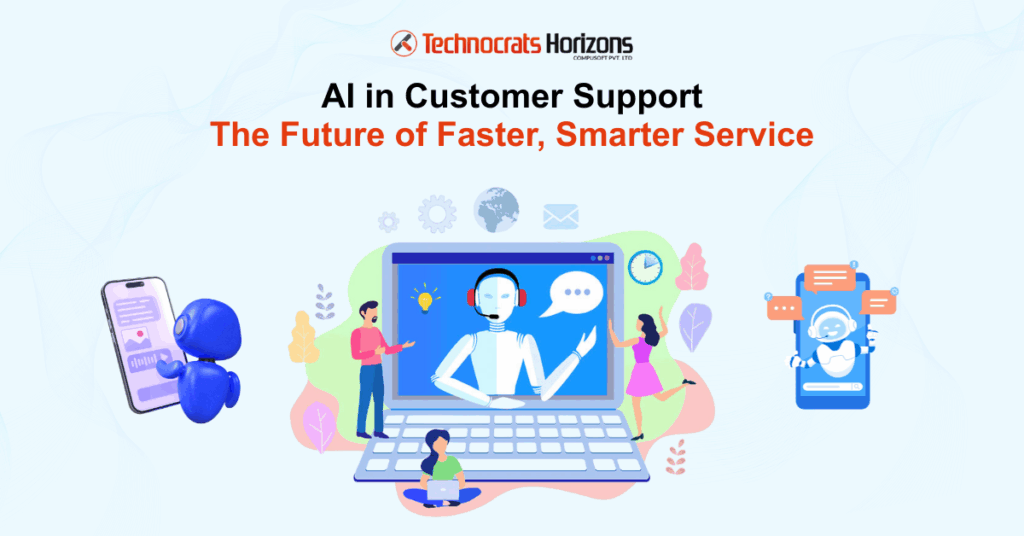




 Request a
Request a

















